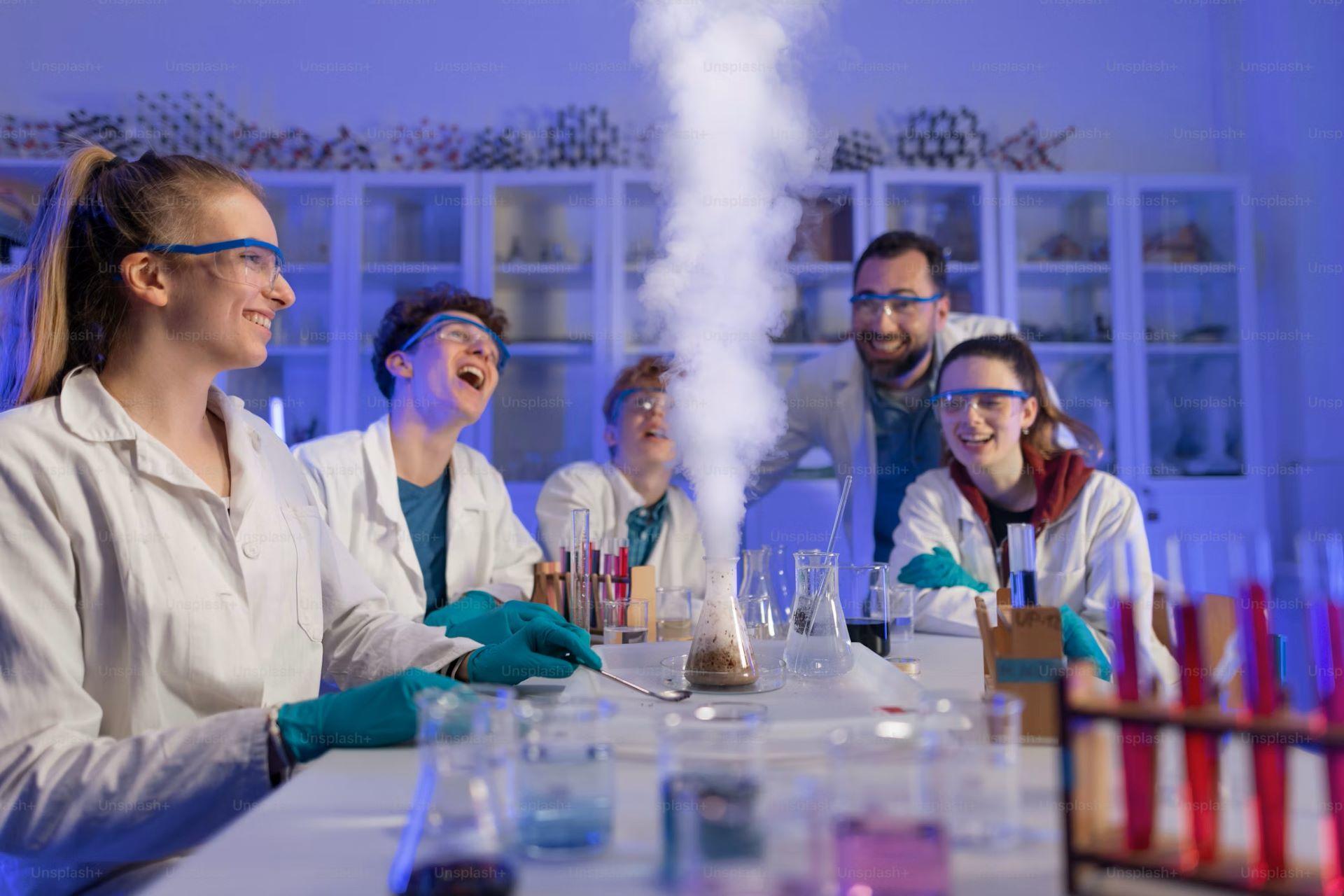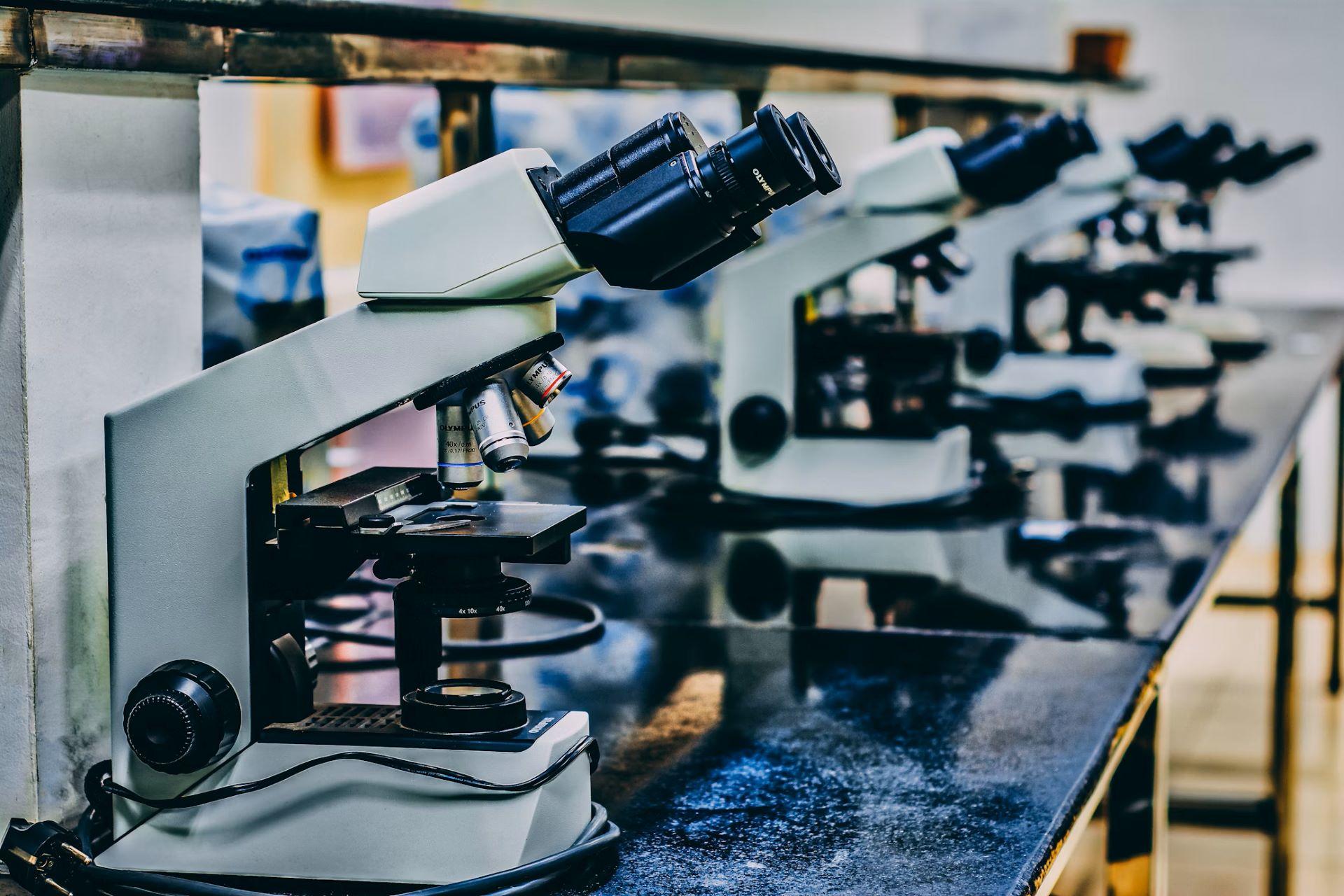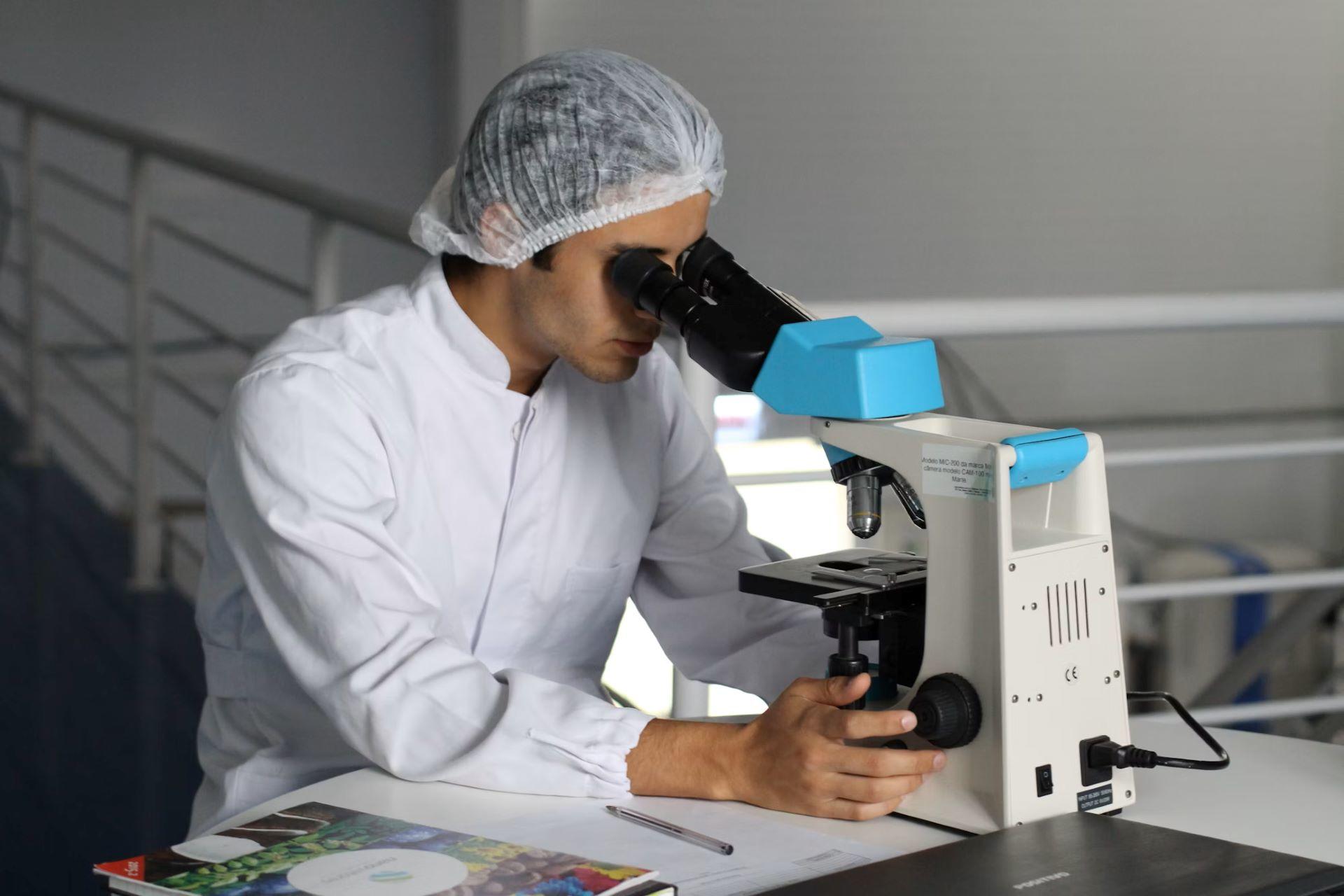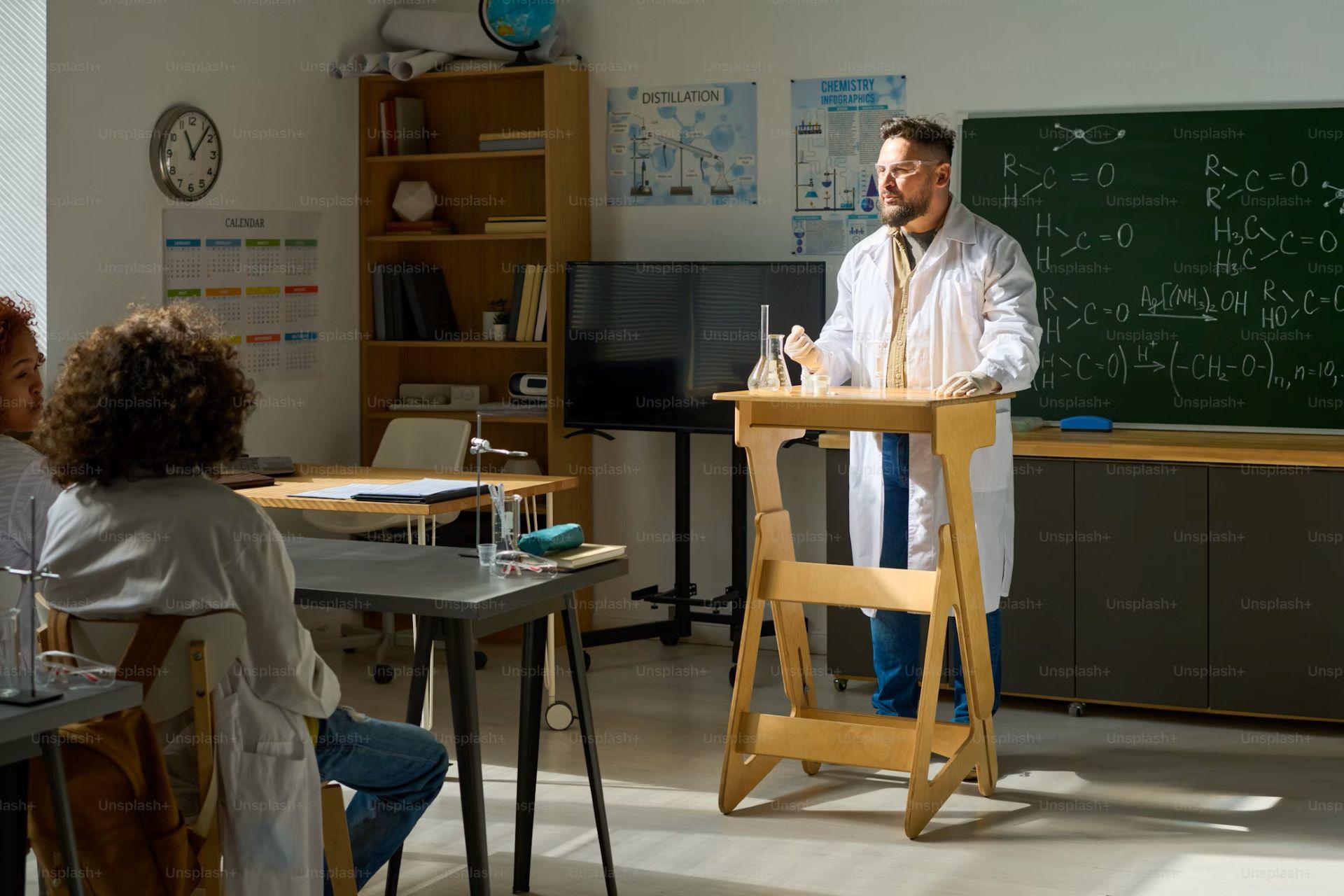Few careers get the recognition that a doctor gets. It is a highly regarded profession for the amazing work that helps so many people improve their health and overall well-being.
Throughout your years in school, you will likely have heard your teachers and parents go on about the importance of doing well in your exams so that one day you could have the opportunity to become one yourself.
Getting to the point where you can add those two letters before your name involves a fulfilling yet demanding journey that necessitates commitment, effort, and a genuine desire to assist others.
In this article, I will walk you through becoming a doctor in the UK, outlining the qualifications, essential medical work experience, and available specialisations.
We'll touch on all aspects of being a doctor in the UK, such as attending medical schools, completing foundation training, specialising in your chosen area, and doctor salaries.
Whether you are just beginning to explore medical opportunities or are prepared to advance your career, this article aims to equip you with insights and support for your journey.


How Long Does It Take To Become A Doctor In The UK?
Becoming a doctor in the UK involves a lengthy educational and training process. Here’s a breakdown of the typical timeline:
- Undergraduate Medical Education: The first step is completing a medical degree (Bachelor of Medicine, Bachelor of Surgery - MBBS or MBChB), which typically takes 5 years. If you don't have science-related A-levels or equivalent qualifications, you might need to complete a 1-year pre-medical or foundation course first, making it 6 years.
- Foundation Programme: After graduating from medical school, you must complete a two-year foundation programme (F1 and F2), where you work in a clinical setting under supervision. This period helps you transition from academic medical education to practical healthcare settings.
- Specialty Training: Following the foundation programme, you enter into specialty training, which can vary significantly in length depending on the specialty. For example, general practice training usually takes 3 years, whereas training in some surgical specialties can take up to 8 years.
Overall, the minimum time to become a fully qualified doctor in the UK, including specialty training, can range from approximately 10 to 16 years, depending on the specialty and the individual’s career path.
Understanding The Requirements For Medical School
There is no point investing your time, money, and effort in trying to enter a door that isn't there. It's important that you spend some time understanding the requirements here in the UK, particularly if you are from overseas and used to a different system.
To become a doctor in the UK, you need credentials and relevant practical experience. Regarding academics, you should strive for the best grades that you can get in your GCSEs and AAA grades in A Levels for medicine with Chemistry and other science subjects.
International Baccalaureate students typically aim for 37 points, while requirements differ for Scottish Highers and Advanced Highers. Entrance exams such as UCAT, BMAT, GAMSAT, and MCAT evaluate skills for medical studies.
Medicine Degree: Typical Grade Requirements UK
This table displays the typical grade requirements for entry into a medical degree programme in the UK. Note that each university will have its own specific entry requirements so it's important to check with your desired universities before applying.
| Qualification | System | Score/Grade Requirement | Subject Requirements | Additional Requirements |
|---|---|---|---|---|
| IB | International Baccalaureate | 36-38 overall score | Chemistry and Biology at Higher Level, Maths or Physics at Standard Level | UKCAT/BMAT, Work Experience, Personal Statement, Interview |
| A Levels | UK | AAA to A*AA | Chemistry and Biology mandatory, third A Level often Maths or Physics | UKCAT/BMAT, Work Experience, Personal Statement, Interview |
| Scottish Highers | Scotland | AAAAB or AAAAA at Highers | Chemistry and Biology | UKCAT/BMAT, Work Experience, Personal Statement, Interview |
| Scottish Advanced Highers | Scotland | AA at Advanced Highers | Chemistry and Biology at Advanced Higher | UKCAT/BMAT, Work Experience, Personal Statement, Interview |
In addition to achieving the right grades, the practical experience acquired in the two years preceding your application is vital. This can involve roles in caregiving or service, shadowing healthcare professionals, or participating in research.
Crafting a personal statement within the 500-word limit is crucial. Emphasise accomplishments, work experiences, and your motivation to pursue medicine by showcasing enthusiasm and interest in the field.
Preparing for medical school interviews—be it panel interviews or multiple mini-interviews. Practice discussing details from your statement and work experiences while familiarising yourself with questions asked during medical school interviews.
By focusing on these aspects, you'll be well-equipped to meet the UK's medical school requirements and kickstart your journey towards becoming a doctor.
Choosing The Right Medical School
When choosing a school, it's important to consider location, teaching methods, student community, and extracurricular opportunities. Each location has its culture and atmosphere, so consider where you would feel most at home while pursuing your studies.
Medical schools typically follow one of three teaching styles: problem-based learning (PBL) or integrated learning.
Traditional teaching involves lectures and tutorials, while PBL encourages students to take charge of their learning through group tasks with guidance from faculty. Integrated learning, on the other hand, combines elements of both approaches.
It's essential to figure out which teaching style aligns best with your way of learning. Exploring these aspects can help you find a school that meets your requirements and goals. The Medical Schools Council offers information on studying medicine, so make sure to refer to their resources when making your choice.

The Medical Degree: What To Expect
Studying for a degree in the UK requires time and money. Typically, undergraduate medical programs span 5-6 years, while graduate entry options are four years long. After graduating, students must complete a two-year Foundation Programme and undergo training.
The curriculum and training are designed to offer an education in medicine. The initial 2-3 years phase focuses on sciences to build a strong basis for clinical practice. The subsequent 3 years involve hands-on training in hospital settings under supervision.
Some universities also offer the opportunity to pursue a degree in a field of interest, such as Biochemistry or Molecular Medicine.
The estimated cost of a five-year program is £220,000. International students can anticipate fees ranging from £25,000 to £45,000 for an MBBS program.
To practice as a physician in the UK, graduates must register with the General Medical Council (GMC) after their studies. The Medical Schools Council (MSC) plays a role in degree selection and evaluation processes.
Programs such as 'Selecting for Excellence' and INReSH focus on maintaining standards in selection criteria while the MSC Assessment Alliance supervises assessments, including the Prescribing Safety Assessment.
Throughout your educational journey, you will have access to various resources and support from the MSC. The Clinical Academic Training & Careers Hub (CATCH) elective placement resources and the UK Medical Licensing Assessment (UK MLA) are a few examples.
With commitment and perseverance, you will be well-equipped to pursue a fulfilling medical career.

Completing Medicine Foundation Training
After finishing your studies, you will begin a two-year Foundation Programme designed for MBChB graduates in the UK.
This program is focused on enhancing your proficiency in abilities and handling critically ill patients, serving as your initial employment following medical school.
Completing the Foundation Programme is mandatory in order to practice as a doctor in the UK. The Foundation Programme consists of two years, known as F1 and F2:
Foundation Year 1 (F1):
- Features six four-month rotations across a combination of acute and community settings.
- Requires provisional GMC registrations.
- Completing one full year of training, demonstrating evidence of working safely, and assuming increased responsibility in a supervised environment make you eligible for full GMC registration and progression to F2.
Foundation Year 2 (F2):
- Consolidates F1 learning and empowers you to become a dedicated lifelong learner and develop capabilities consistent with independent practice.
- Requires you to demonstrate an ability to work under indirect supervision and make decisions regarding patient care in uncertainty.
- Takes a minimum of one year to complete.
- A standalone F2 programme is available for doctors eligible for full GMC registration, such as International Medical Graduates (IMGs) who want to enter the UK training system.
How Much Do Doctors Earn in the UK?
In the UK, doctors' earnings vary significantly based on factors such as speciality, experience, and location.
In the UK, doctors can expect to make between £41,300 and £143,100 per year. This variance will depend on factors such as training level and specialisation.
Generally, salaries are structured within the National Health Service (NHS) as follows:
- Junior Doctors: Starting as a Foundation Year 1 (FY1) doctor, the basic salary is around £30,000 per year. This increases in Foundation Year 2 (FY2) to approximately £33,000.
- Specialty Registrars: When doctors move into specialised training, their salaries can range from around £40,000 to £55,000 per year, depending on the length of their service and their specialty.
- Consultants: After completing specialty training, doctors can become consultants. Consultant salaries generally start at about £84,000 and can go up to around £114,000 per year. With seniority, leadership roles, and additional responsibilities, earnings can exceed this range.
- General Practitioners (GPs): GP earnings can vary more significantly because many operate as contractors to the NHS rather than direct employees. A typical GP's salary can range from around £60,000 to over £100,000 per year, depending on the structure of their practice, location, and how they manage their practice.
Additional earnings can come from overtime, shift differentials for unsociable hours, and private practice work, especially for consultants.
This insight gives us a transparent look at how much you can expect to make as a foundation year two doctor in the UK. We also get to see how the hours that are worked at such a level are often higher than what might be communicated before going into the role, so this might be worth noting too!
The UK Foundation Programme Office oversees the application process for the Foundation Programme, typically occurring in your year of school. You will prioritise foundation schools based on your desired locations for the two years after graduation.
The allocation process for students on the waitlist has been moved to April to minimise uncertainty. This change guarantees that all waitlisted individuals will receive their foundation school placement in April and start their Foundation Year 1 positions in August 2022.
After completing your foundation training, you'll embark on speciality training, the final stage of becoming a fully qualified doctor in the UK. Speciality training, equivalent to residency in some countries, takes four to seven years and is delivered through either run-through or uncoupled training.
Medical CPD and GMC Registration
After completing your training and achieving skills and qualifications as a doctor in the UK, it's crucial to focus on professional development and keep yourself updated on the latest advancements in your field.
Continuing Professional Development (CPD) plays a role in this aspect. The General Medical Council (GMC) mandates that all doctors participate in CPD activities tailored to their requirements, specialisation and professional obligations.
CPD in medicine ensures that physicians, nurses, and other healthcare providers continue to be competent in their profession, stay informed about the latest clinical guidelines, medical technologies, and advancements in healthcare practices.
Medical CPD involves a variety of learning activities which can include attending conferences, participating in workshops, undertaking specialised training courses, engaging in research activities, and partaking in peer review processes. These activities should encompass all aspects of your practice, align with your daily work routine, and cater to your needs.
The GMC doesn't specify a fixed number of CPD points; instead, the emphasis is on engaging in activities that enhance and refine your performance and work standards. Opportunities for learning and self-reflection should naturally emerge from your practice.
Be influenced by factors like clinical governance processes, quality enhancement initiatives, workplace evaluations, as well as other professional norms and practices. Reflecting on the insights gained from CPD pursuits is important during discussions.
How they have contributed to maintaining or enhancing the quality of patient care. To practice medicine in the UK, registration with a license is essential. This license authorises you to prescribe medications and provide treatment for patients.
To keep your license valid, you must undergo an assessment called revalidation. The General Medical Council (GMC) provides registration options, like Provisional, Full, Specialist, and GP Registration.
Utilise the GMC Registration Route Finder and IMG Resources to guide the registration journey. Remember that practising medicine without registration is considered an act in the UK.
If you are a graduate aspiring to practice in the UK, there are important steps to follow. Firstly, acquiring a medical degree from a recognised institution is crucial. Subsequently, completing a one-year internship that includes surgical training is mandatory.
It is essential to showcase proficiency to a UK graduate by passing assessments such as PLAB or UK postgraduate exams and demonstrating English language skills through exams like IELTS or OET.
The PLAB assessment comprises two sections: a written examination (Part A) and an OSCE (Part B). While some candidates may be exempt from requirements, thorough preparation is vital, as failing Part A could impact prospects significantly.
Moving Forward On Your Path To Medicine

Starting a journey to pursue a career in the UK can be incredibly rewarding. Meeting requirements, gaining experience, earning a degree, and completing foundation training are crucial steps toward becoming a fully qualified healthcare professional.
There is a diverse range of medical specialities in the UK to explore, ensuring you can find your perfect fit within the medical field.
As you progress through training and continue to develop, you will have the opportunity to make a meaningful difference in the lives of your patients.
While the path to becoming a doctor in the UK requires commitment, hard work, and investment of time and resources, the rewards outweigh the obstacles.
Suppose you need help preparing for the associated exams before becoming a doctor. In that case, you can prepare alongside a professional tutor.
Superprof allows students like yourself to learn first-hand from experienced private tutors across the UK and beyond.
By staying committed to your goals, seeking support, and maintaining your passion for helping others live, you will be well-prepared for a fulfilling medical career that positively impacts individuals.
Summarise with AI:
















